
Q&A with Sophie Orme – Finance & Audit Recruiter
Q&A with Sophie Orme – Finance & Audit Recruiter
This month we caught up with Sophie Orme, who joined MERJE in July 2025, to talk all things Finance and…
6 min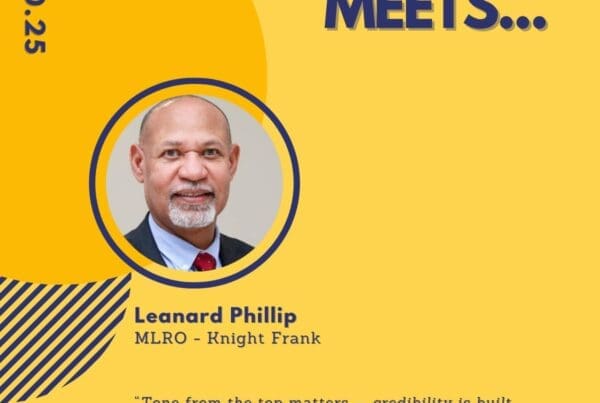
MERJE Meets – Leanard Phillip
MERJE Meets – Leanard Phillip
Our latest article in the MERJE Meets series features Leanard Phillip, a leader in financial crime compliance and anti-money laundering.…
8 min
Effective Service London 2.0 – Focusing on Vulnerable Customers
Effective Service London 2.0 – Focusing on Vulnerable Customers
Effective Service returns to London for a second time and, this time, we're focusing on vulnerable customers. - MERJE is…
5 min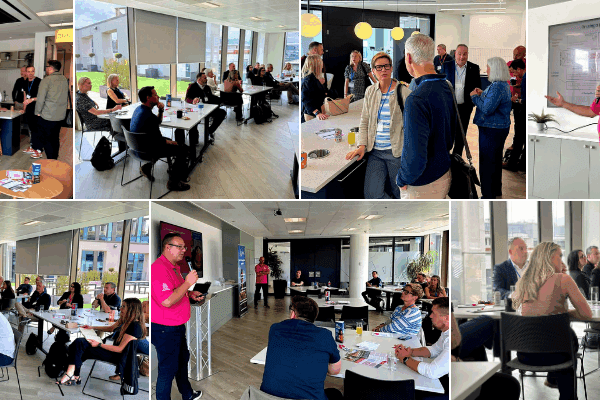
Effective Service – Leeds, another superb CX session!
Effective Service – Leeds, another superb CX session!
MERJE and Service Economics Host Successful "Effective Service" Event in Leeds Following highly successful sessions in London and Manchester, we…
3 min
Regulatory Modelling Demand in the UK
Regulatory Modelling Demand in the UK
A detailed update on the continued popularity of regulatory modelling expertise within UK financial services institutions We've seen regulations within…
45 min
6 Ways to Spot Authentic D&I in Business
6 Ways to Spot Authentic D&I in Business
During Pride Month, we've been exploring the importance of creating diverse and inclusive work environments which bring together employees from…
6 min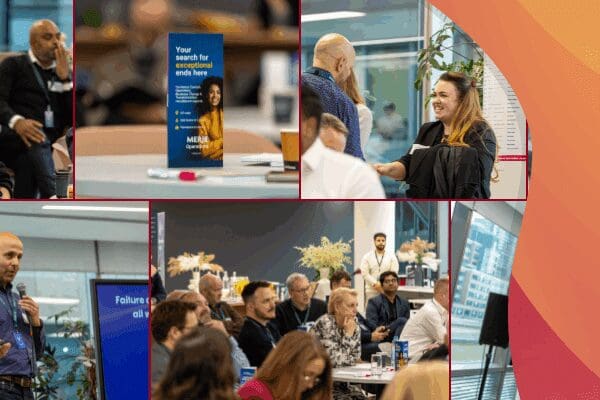
Shake up your CX Strategy: Effective Service is coming to Leeds!
Shake up your CX Strategy: Effective Service is coming to Leeds!
Fresh off the heels of hugely successful events in London and Manchester, MERJE and Service Economics are bringing their acclaimed "Effective Service" tour to…
3 min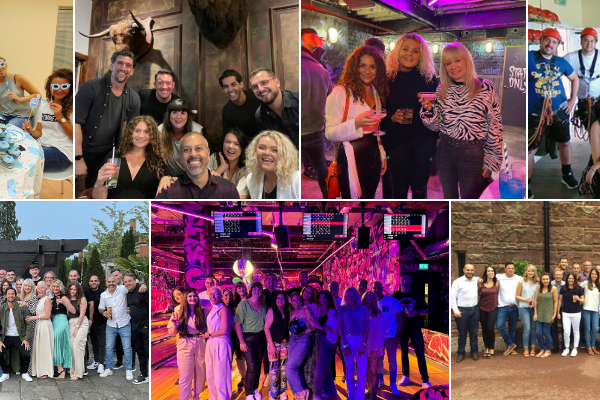
Celebrating Natasha’s 10 Year Anniversary
Celebrating Natasha’s 10 Year Anniversary
We recently celebrated celebrating Natasha Goldstone's 10 year MERJE anniversary! 🎉🎉🎉 Tash has been a reliable constant in the MERJE…
3 min
Executive Search FAQs
Executive Search FAQs
Everything you need to know about Executive Search The C-Suite and senior recruitment service for C-level appointments As a hiring…
9 min
Too Many Recruiters?
Too Many Recruiters?
Why Juggling Agencies Can Hinder Your Financial Services Recruitment Efforts If your business uses many recruitment consultancies hoping this…
8 min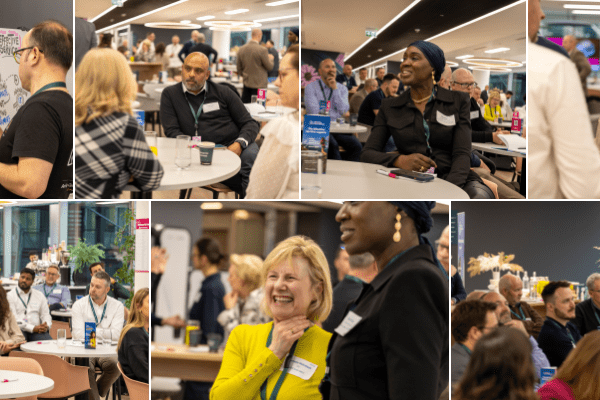
Effective Service: Reshaping CX Strategy one city at a time
Effective Service: Reshaping CX Strategy one city at a time
MERJE joins Service Economics and 40+ industry leaders once again for an engaging afternoon talking all things CX strategy Jump…
5 min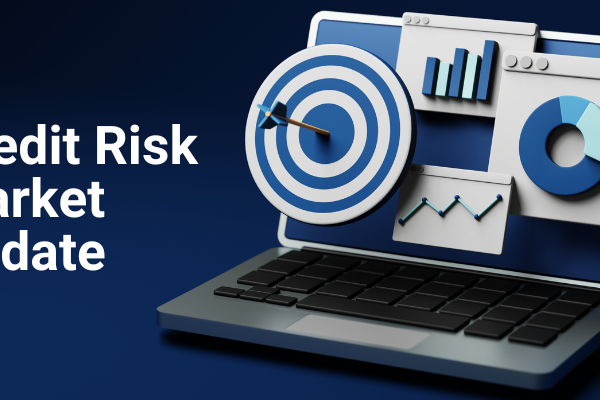
Credit Risk Market Update
Credit Risk Market Update
Ellie Sykes, Director of Credit Risk & Analytics recruitment at MERJE, shares insights into the latest trends in her market.…
2 min
Effective Service Comes to London
Effective Service Comes to London
Revolutionise your operations with Service Economics' innovative CX strategy methodologies. Following the resounding success of its Manchester debut, the…
3 min
50,000 Cheers! Celebrating a LinkedIn Milestone
50,000 Cheers! Celebrating a LinkedIn Milestone
We're absolutely thrilled to announce that MERJE has just surpassed 50,000 followers on LinkedIn! 🎊 This incredible milestone is a…
3 min
Can you prove your resilience?
Can you prove your resilience?
"It feels like the 2,000 firms in scope for the regulation are about to sit their final exam..." Adam…
7 min
2024: A Year in Review
2024: A Year in Review
2024 saw MERJE complete our 13th year in operation and, wow, have we seen some changes over that time. We’re…
3 min
Financial Crime and Fraud Salary Survey 2024/25
Financial Crime and Fraud Salary Survey 2024/25
Navigating the Evolving UK Financial Crime Landscape: 2024/25 Salary & Recruitment Trends The UK financial crime and fraud recruitment landscape…
3 min
The UK’s Employment Rights Bill: An Update
The UK’s Employment Rights Bill: An Update
A Seismic Shift in the Workplace The UK government's recent announcement of significant reforms to worker rights marks a pivotal…
3 min


